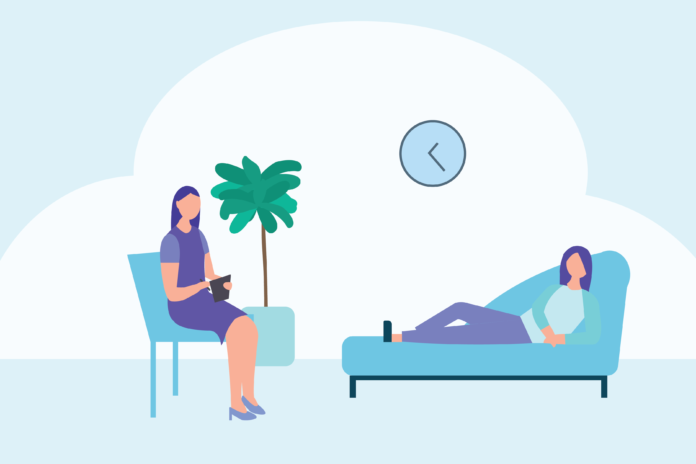We shouldn’t wait for things to get worse in order for them to get better
There are few smooth ways to mention your therapy appointment during casual conversations. At the mere mention of the phrase, people will immediately question your sanity, look at you sympathetically or simply awkwardly or just silently stare at you. For whatever reason, talking to a friend about your problems is normalized, but talking to a professional is not.
Society often assumes that if you are seeing a therapist, then you are either emotionally unstable or going through a crisis — or both. But neither of these assumptions are true, nor should they be.
In the last decade, the culture around mental health has improved dramatically, but a stigma still remains that one only sees, or should only see, a therapist if they are in a crisis. But we shouldn’t have to wait for our situations to worsen in order for them to improve. It should be perfectly acceptable to see a therapist regularly.
Part of the problem has to do with how we categorize mental health. Instead of considering mental health care a necessity, we put it on the back burner as a sort of last resort for our most dire situations. We should be encouraged to seek help for our mental health just as we seek help for a broken bone or a cavity.
Yes, sometimes we can take Advil to lessen our physical pain, but if the pain persists, then we see a doctor. In a similar sense, we can talk to a friend if we are having negative thoughts, but if our thoughts and feelings continue to weigh us down, then we should be encouraged to speak to a professional.
Unfortunately, the social stigma around mental health has hindered people in their attempts to take care of themselves for far too long, contributing to our current mental health crisis. As a community, we should promote therapy as a healthy means to self-care. We shouldn’t feel ashamed for seeking help. More importantly, therapy is not solely reserved for times of crisis. Even the most seemingly content among us could use a little time at a therapist’s office.
Under the current circumstances induced by the coronavirus pandemic, the importance of therapy and access to mental health resources has never been more apparent. So much of our lives has changed since the outbreak of COVID-19. Being stuck inside and limited in our contact with others is not good for our mental health. Fortunately, much like many parts of the world, therapists have moved online — making it easier to find help during these hard times.
Yoga, meditating, journaling and going to the gym are healthy habits that may also help us cope with our troubles. They are also an especially great way to get out of the house right now. Therapy, however, can help us work through the problems we avoid, or offer the relief of simply talking to someone about our thoughts, issues, feelings or experiences we often deem too trivial to discuss.
With help from professionals, we may gain new perspectives, learn something about ourselves or find new and better ways to handle certain situations.
There is no age when the stress of life stops. At each stage in life, we will be faced with new problems or stressors that we may not know how to handle. We shouldn’t have to keep our struggles to ourselves. Mental health shouldn’t be a taboo topic or one that we shy away from during conversations. In order to #breakthestigma, we must encourage one another to take care of our mental health and to share our stories without shame.
Written by: Kacey Cain — klcain@ucdavis.edu
Disclaimer: The views and opinions expressed by individual columnists belong to the columnists alone and do not necessarily indicate the views and opinions held by The California Aggie




